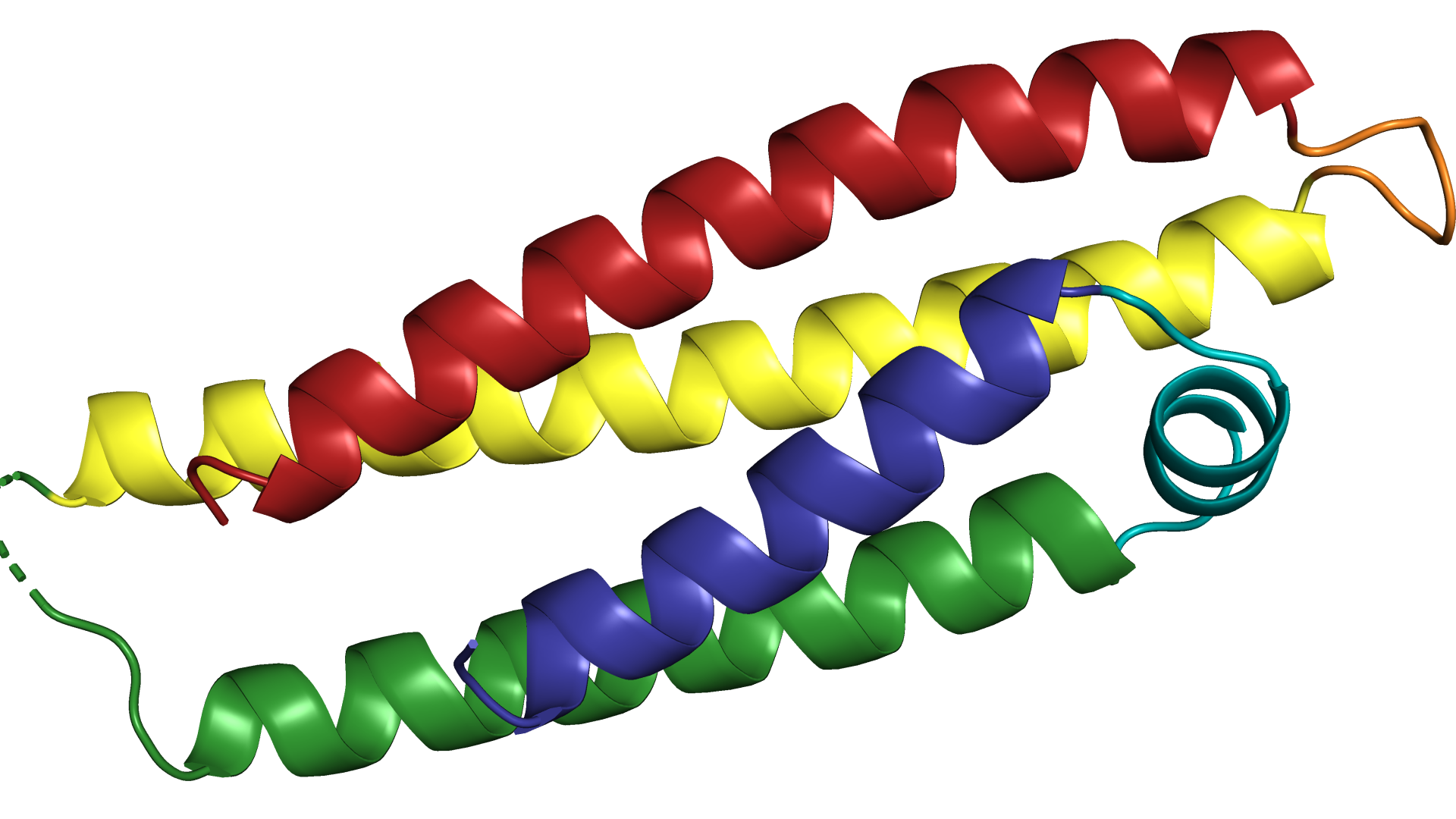New Research Explains Why APOEe4 Impact Varies By Genetic and Racial Ancestry
Written By: BrightFocus Editorial Staff



Written By: BrightFocus Editorial Staff

What: The APOEe4 allele – a key risk factor for Alzheimer’s – poses a greater risk for Alzheimer’s in people of European descent than in people of African descent. Key differences have been discovered in neighboring portions of DNA that affect gene regulatory function, and these newly identified enhancer regions provide an explanation.
Where: Karen Nuytemans, et al. Identifying Differential Regulatory Control of APOE Ɛ4 On African Versus European Haplotypes as Potential Therapeutic Targets. Alzheimer’s & Dementia, 2021.
BrightFocus Connection: This project was supported by a BrightFocus grant to senior author Jeffery M. Vance, MD, PhD, a neurologist and professor at the University of Miami Miller School of Medicine, along with co-principal investigators Margaret Pericak-Vance, PhD, Gary Beecham, PhD, and Anthony Griswold, PhD.
Why It Is Important: It has long been known that individuals who have one or two copies of a variation of the apolipoprotein E (APOE) gene known as the APOE epsilon 4 (APOEe4) allele have an increased risk of developing Alzheimer’s disease (AD) as well as earlier AD onset. However, these fundings do not apply to all populations. APOEe4 is thought to contribute almost 40 percent of the genetic risk of AD in European populations, but in individuals with African ancestry, having the APOEe4 reduces the risk of developing AD.
Because the structure and function of APOEe4 protein are similar among different populations, other genetic factors must be playing a role. Previous findings showed that Europeans have higher levels of APOEe4 gene expression in their brains when compared to African Americans. “Higher expression” means higher levels of gene activity, as well as RNA and protein released in association with having the APOEe4 allele. The exact reasons for this are still unknown, as most genetic sequencing studies for APOEe4 were carried out in carriers of European ancestries.
In an attempt to identify the reasons for differences in APOEe4 expression across local ancestries, these researchers looked at gene regulatory units known as “enhancers” that could influence APOEe4 expression within neighboring portions of DNA. They were able to identify regions with higher enhancer activity in European/Japanese samples compared with samples of African ancestry, and these regions of DNA also interacted with APOE in microglia and astrocytes – another indication that they play a role in differentiating AD risk.
These early findings remain a critical area for further study by this team, leaders in genetics, who remain focused on translating how genetic variations play out in Alzheimer’s development. Their future work may involve a deeper probe into the link between APOEe4 and gene regulatory elements in targeted sites, and how that impacts Alzheimer’s risk across people of different genetic ancestries. In the era of personalized medicine, understanding how APOEe4 expression differs among people of varying racial and genetic ancestries will be of great help in developing targeted treatments. For example, it is possible that these newly discovered enhancer regions may be therapeutically targeted to decrease APOEe4 expression and protect against this potent AD risk factor in affected individuals.
BrightFocus Foundation is a premier global nonprofit funder of research to defeat Alzheimer’s, macular degeneration, and glaucoma. Through its flagship research programs — Alzheimer’s Disease Research, Macular Degeneration Research, and National Glaucoma Research— the Foundation has awarded nearly $300 million in groundbreaking research funding over the past 51 years and shares the latest research findings, expert information, and resources to empower the millions impacted by these devastating diseases. Learn more at brightfocus.org.
Disclaimer: The information provided here is a public service of BrightFocus Foundation and is not intended to constitute medical advice. Please consult your physician for personalized medical, dietary, and/or exercise advice. Any medications or supplements should only be taken under medical supervision. BrightFocus Foundation does not endorse any medical products or therapies.
